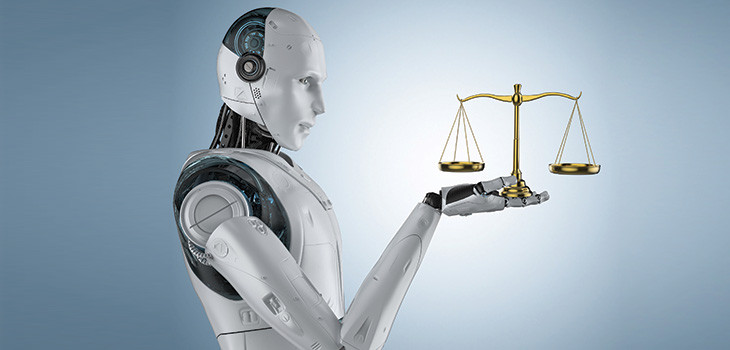
- Outlines AI’s transformational impact on legal services.
- AI is being used to predict case outcomes and risk assess offenders, with Ex Parte and Pre/Dicta in the US.
AI is transforming the legal landscape. From chatbots to smart contracts, from analytics to document automation, the power of artificial intelligence (AI) is reshaping how lawyers and their clients work and communicate. But one especially interesting frontier of AI in law is dispute resolution. Imagine a world where complex cases can be resolved quickly, efficiently and fairly by intelligent systems that can analyse evidence, apply legal principles and generate optimal outcomes. Such tools are already being applied and developed in other jurisdictions, raising the question how long until we see similar products in the UK, and what are significant challenges and limitations such products face?
In June, Lord Justice Burnett told peers on the Lords constitution committee that AI should be used in





.tmb-mov69x69.jpg?sfvrsn=961ae4db_1)
95ca96e3d47f4eff8d147c4f0df17c77.tmb-mov69x69.png?sfvrsn=3db5d86b_1)

